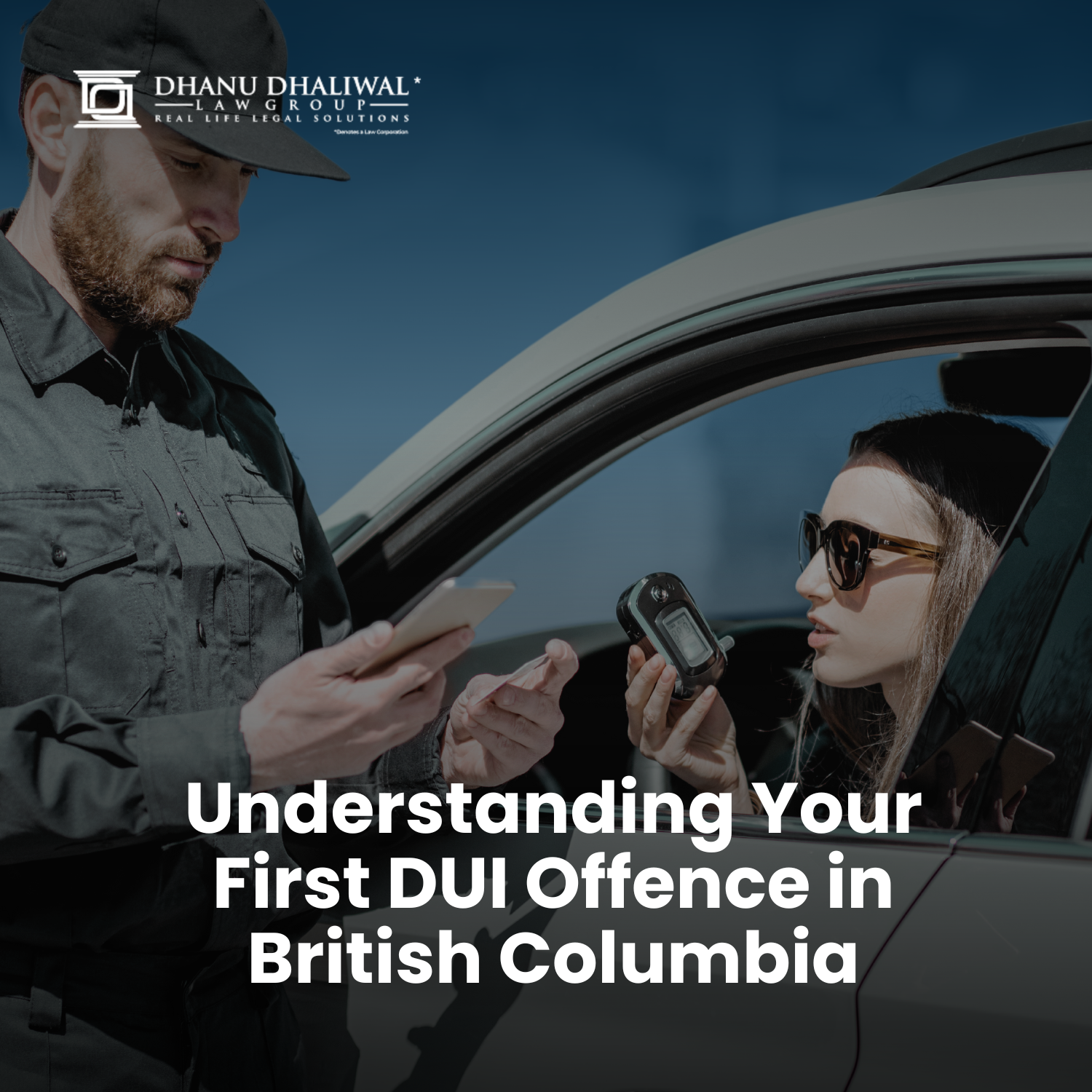Hate speech laws have been the topic of heated debate over the last decade across Canada.
While some see hate speech laws as infringement on civil liberties, others support the government’s efforts to stop the spread of bigotry in its tracks.
Whatever your opinion on the matter, the reality is that your speech is scrutinized in our country.
If you say the wrong thing, you might end up facing criminal charges.

It might sound scary to you.
Could that tasteless joke you made at last year’s Christmas party get you into legal trouble?
What about that comment you made about a coworker that came out the wrong way?
Don’t fret too much. It’s clear that the vast majority of people will never face charges brought against them for inciting hatred or infringing on hate speech laws.
That being said, it’s important to know what speech is protected by Canadian law and what isn’t. Especially since the definition of “hate speech” is not well-established and often up to interpretation by a judge.
Maybe you’re a connoisseur of raunchy comedy, or maybe you hold opinions that others may deem questionable. It might be wise to brush up on hate speech laws here in British Columbia, Canada.

Is hate speech a criminal offence in British Columbia?
Hate speech is indeed a criminal offence in British Columbia.
The laws pertaining to hate speech fall under Canada’s Criminal Code Part VIII, Offences Against the Person and Reputation.
Canada’s Criminal Code applies to all provinces, including British Columbia.
Sections 318, 319(1), and 319(2), collectively titled “Hate Propaganda,” outline the specifics of hate speech:
Advocating genocide
318 (1) Every person who advocates or promotes genocide is guilty of an indictable offence and liable to imprisonment for a term of not more than five years.
Definition of genocide
(2) In this section, genocide means any of the following acts committed with intent to destroy in whole or in part any identifiable group, namely,
(a) killing members of the group; or
(b) deliberately inflicting on the group conditions of life calculated to bring about its physical destruction.
Consent
(3) No proceeding for an offence under this section shall be instituted without the consent of the Attorney General.
Definition of identifiable group
(4) In this section, identifiable group means any section of the public distinguished by colour, race, religion, national or ethnic origin, age, sex, sexual orientation, gender identity or expression, or mental or physical disability.
Public incitement of hatred
319 (1) Every one who, by communicating statements in any public place, incites hatred against any identifiable group where such incitement is likely to lead to a breach of the peace is guilty of
(a) an indictable offence and is liable to imprisonment for a term not exceeding two years; or
(b) an offence punishable on summary conviction.
Wilful promotion of hatred
(2) Every one who, by communicating statements, other than in private conversation, wilfully promotes hatred against any identifiable group is guilty of
(a) an indictable offence and is liable to imprisonment for a term not exceeding two years; or
(b) an offence punishable on summary conviction.
Defences
(3) No person shall be convicted of an offence under subsection (2)
(a) if he establishes that the statements communicated were true;
(b) if, in good faith, the person expressed or attempted to establish by an argument an opinion on a religious subject or an opinion based on a belief in a religious text;
(c) if the statements were relevant to any subject of public interest, the discussion of which was for the public benefit, and if on reasonable grounds he believed them to be true; or
(d) if, in good faith, he intended to point out, for the purpose of removal, matters producing or tending to produce feelings of hatred toward an identifiable group in Canada.
Forfeiture
(4) Where a person is convicted of an offence under section 318 or subsection (1) or (2) of this section, anything by means of or in relation to which the offence was committed, on such conviction, may, in addition to any other punishment imposed, be ordered by the presiding provincial court judge or judge to be forfeited to Her Majesty in right of the province in which that person is convicted, for disposal as the Attorney General may direct.
Exemption from seizure of communication facilities
(5) Subsections 199(6) and (7) apply with such modifications as the circumstances require to section 318 or subsection (1) or (2) of this section.
Consent
(6) No proceeding for an offence under subsection (2) shall be instituted without the consent of the Attorney General.
Definitions
(7) In this section,
communicating includes communicating by telephone, broadcasting or other audible or visible means; (communiquer)
identifiable group has the same meaning as in section 318; (groupe identifiable)
public place includes any place to which the public have access as of right or by invitation, express or implied; (endroit public)
statements includes words spoken or written or recorded electronically or electro-magnetically or otherwise, and gestures, signs or other visible representations. (déclarations)
Those who violate Canada’s hate speech laws face penalties ranging from a small fine all the way up to imprisonment.
Is there freedom of speech in Canada?
The answer to this question really depends on your own interpretation of the law.
Freedom of expression in Canada is protected as a “fundamental freedom” by Section 2 of the Canadian Charter of Rights and Freedoms.
However, the Charter also permits the government to enforce “reasonable” limits.
Hate speech, as expressed in Canada’s Criminal Code, is not protected by the Charter. Neither is obscenity and defamation.
All three of these types of speech can get you into legal trouble, especially hate speech.
Still, these laws are up to interpretation by a judge. If you are facing criminal charges due to a violation of hate speech laws, you must seek the help of a criminal defence lawyer.
An experienced criminal defence lawyer can help you navigate these complicated and interpretable laws.
Rob Dhanu, co-founder of Dhanu Dhaliwal Law Group and a former Crown Prosecutor, has helped clients avoid a criminal record countless times, and can help you do the same.
While we never advocate for hatred of any kind, we know that there are a wide variety of opinions on what constitutes hate speech.
We also firmly believe in second chances, and often, the legal system does not. That’s why we’re here to fight for your rights.
We provide the best legal defence possible using every tactic at our disposal.
Give us a call today or contact us through our form to get a case evaluation and the best legal defence in British Columbia.





